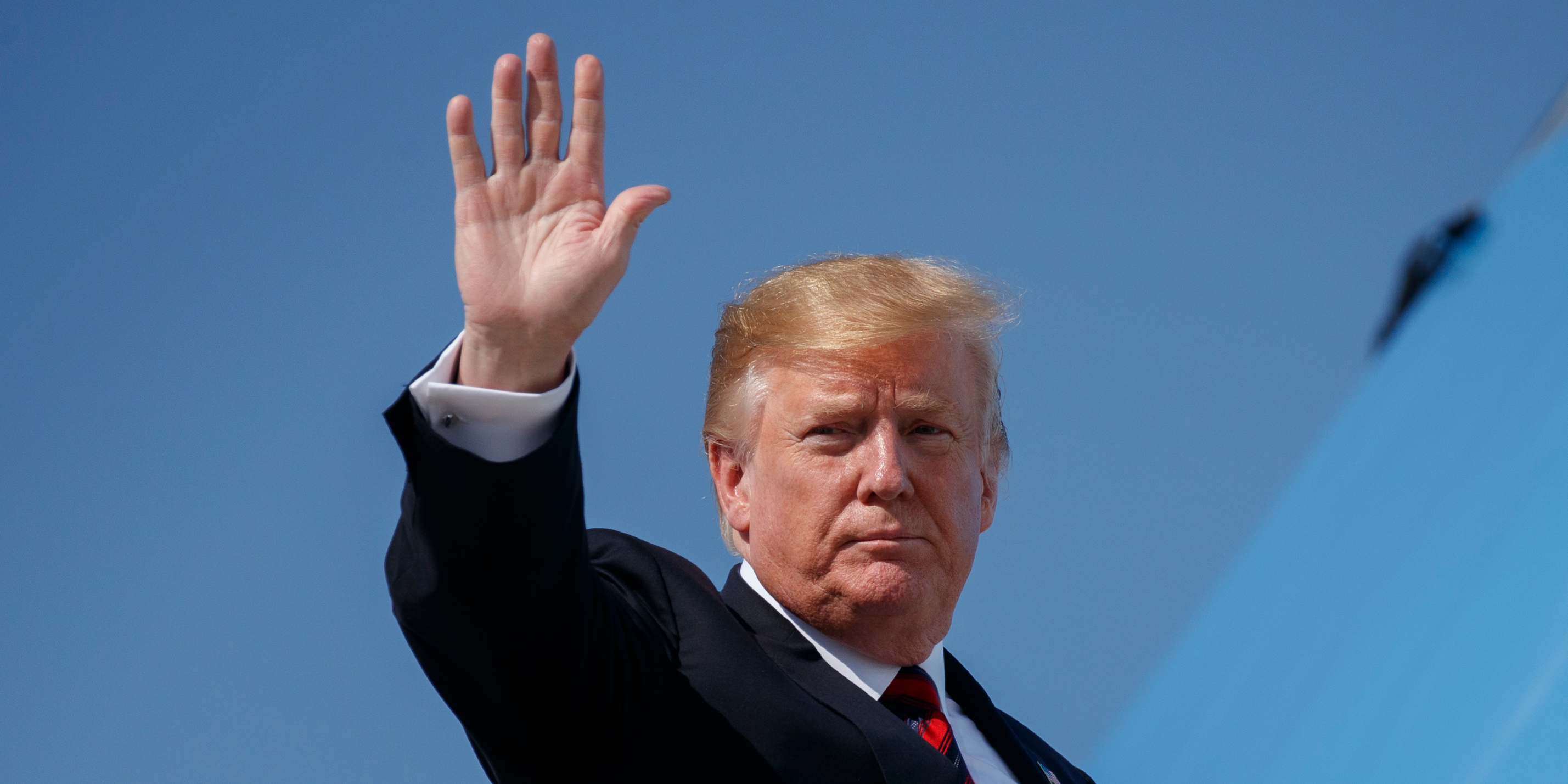- President Donald Trump’s administration has written to more than 570,000 employers since March telling them some of their workers’ names and Social Security numbers don’t match, The New York Times reports.
- Reasons for discrepancies that prompt “no-match letters” can be innocuous, like marital name changes and typos on forms, but they can also indicate immigration status.
- The Social Security Administration discontinued its practice of writing the letters in 2012 but restarted it this March under a White House order.
- Critics say the revival of the letters is part of the Trump administration’s harder line on immigration and unauthorized workers.
- Visit Business Insider’s homepage for more stories.
President Donald Trump’s administration has revived the dormant immigration practice of writing to employers to warn them if any of their workers’ names and Social Security numbers don’t match, The New York Times reports.
The Social Security Administration has mailed “no-match letters” to more than 570,000 employers since March this year, The Times said.
These letters notify employers who submitted W-2 tax forms – which contain employees’ names and Social Security numbers – if those combinations don’t match. Reasons for these discrepancies can be innocuous, like marital name changes and typos on forms, but they can also indicate immigration status.
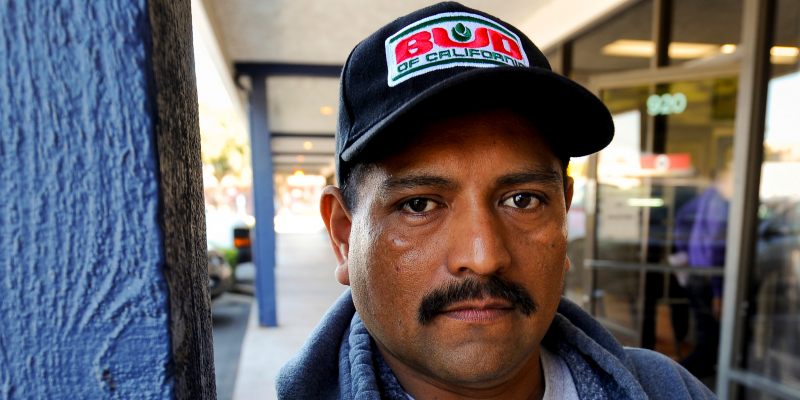
No-match letters do not require employers to take action against an employee but instruct them to correct the mismatch within 60 days, according to Bloomberg Law.
Here's an example of a no-match letter as shown on the SSA's website.
The SSA started sending these letters in 1993, stopped doing so in 2012, and then restarted the practice this March.
Though the no-match letters do not threaten legal action, employers are left in limbo as they have to weigh the loss of workers with the chances of being punished by federal immigration authorities in the future.
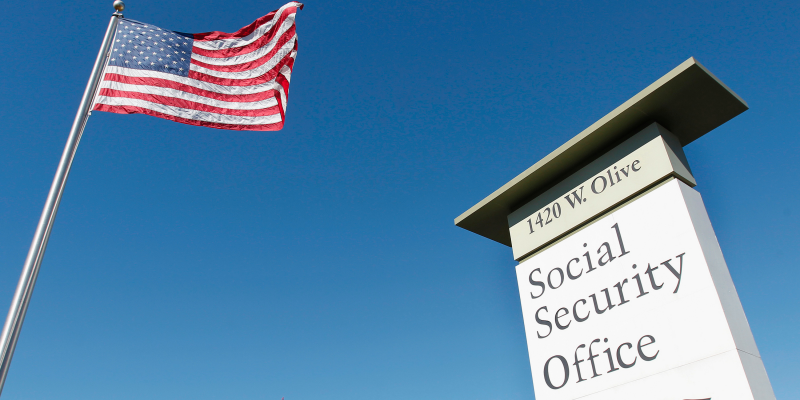
It is not clear at this point whether the SSA will share the data mismatches with the Immigration and Customs Enforcement. Business Insider has contacted the SSA for comment.
There were about 7.8 million unauthorized workers in the US civilian workforce in 2016, according to Pew Research. More recently, the US workforce contains 162 million people, of which 156 million are employed, the US Bureau of Labor Statistics reported last month.
Though the exact reason for the revival of the no-match letters is not clear, experts say it appears to be part of Trump's increasingly hardline approach toward immigration.
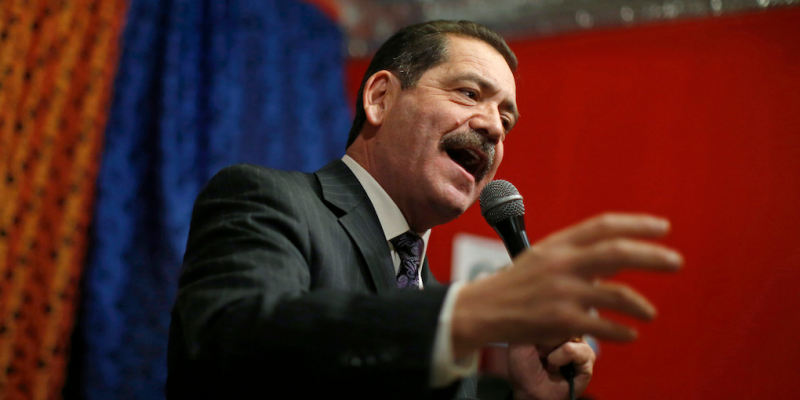
Forty-six Democratic lawmakers wrote a letter to the SSA earlier this month calling on it to stop writing the letters.
Rep. Jesús "Chuy" García, the Democratic representative from Illinois who organized the letter, told The Hill earlier this month: "Other than to instill fear and to add to the series of attacks that have come down against the immigrant community - whether it's the Census question, whether it's the public charge initiative against lawful permanent residents - this is one more tool in their arsenal, I think, to drive the community into the shadows of society, to create more anti-immigrant sentiment in the country and just to create fear and instability in communities with large immigrant populations."
"What's the purpose?" he added. "What's the aim here? We think it is simply to create distrust, to advance the anti-immigrant rhetoric that's out there."
The SSA has said it is sending the letters because it is "committed to maintaining the accuracy of earnings records used to determine benefit amounts to ensure people get the benefits they have earned," according to Bloomberg Law.
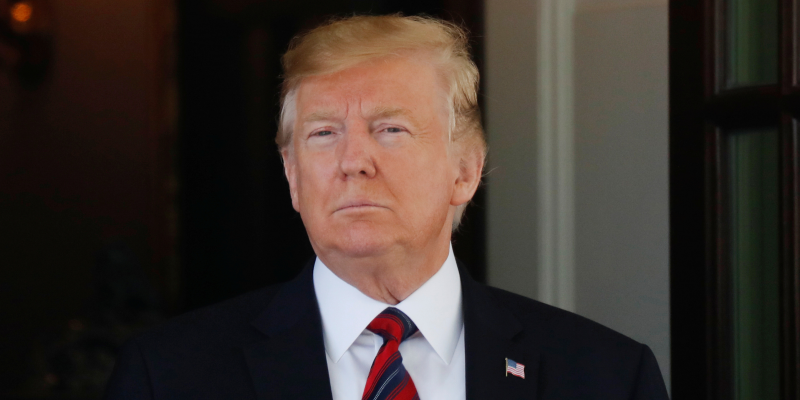
The Trump administration on Thursday announced a plan to overhaul a large portion of the country's immigration laws to prioritize skilled workers over family relationships.
The plan would essentially shift the US immigration system from one based on family ties to a "merit and skill" one that would prioritize highly educated and skilled workers who could demonstrate a "patriotic assimilation" into American life.
Lawmakers and legal experts have already derided the bill as "dead on arrival," but administration officials have hinted that it was to show 2020 voters what the Republican Party is for, INSIDER's Michelle Mark reported.

